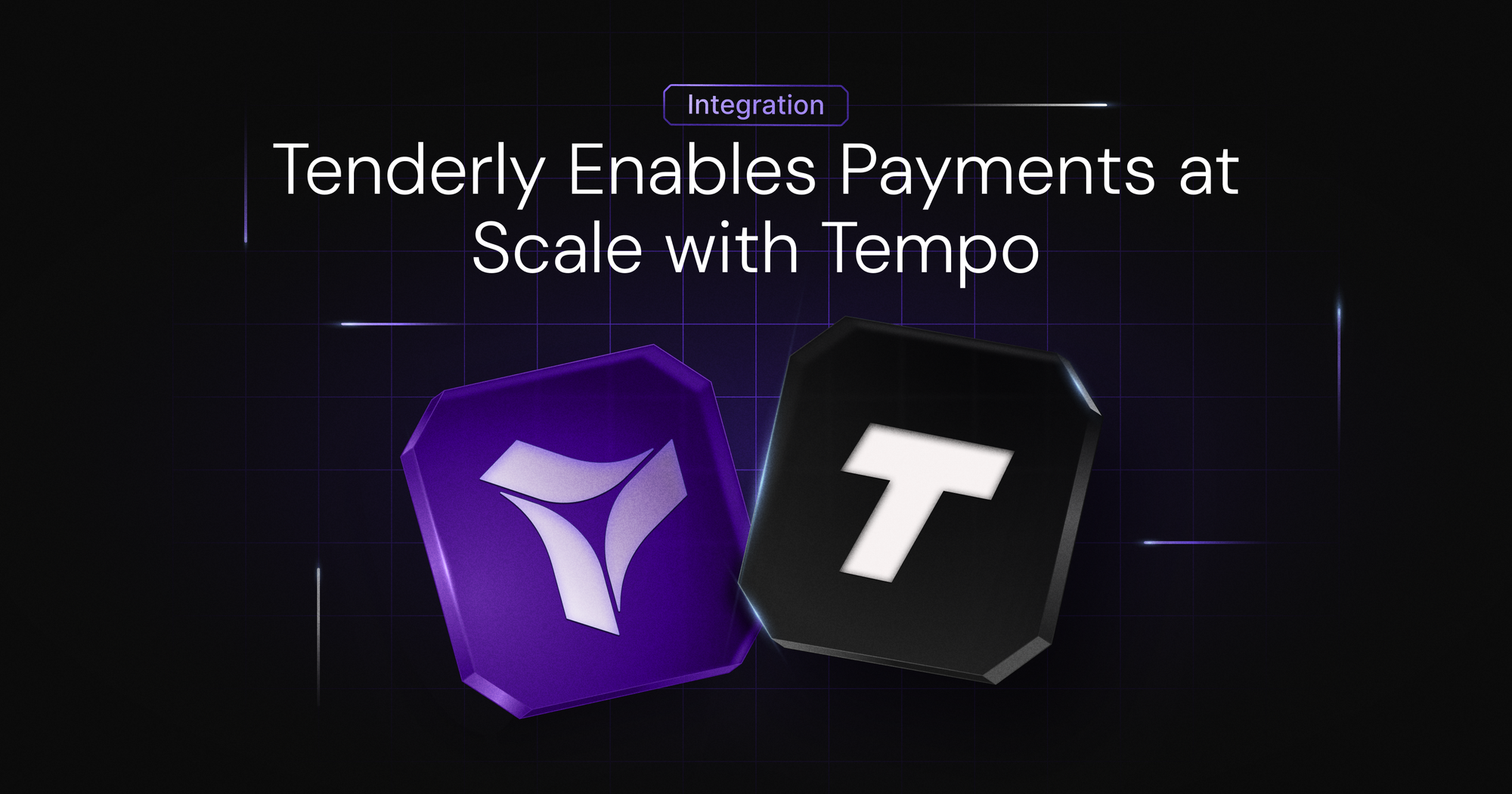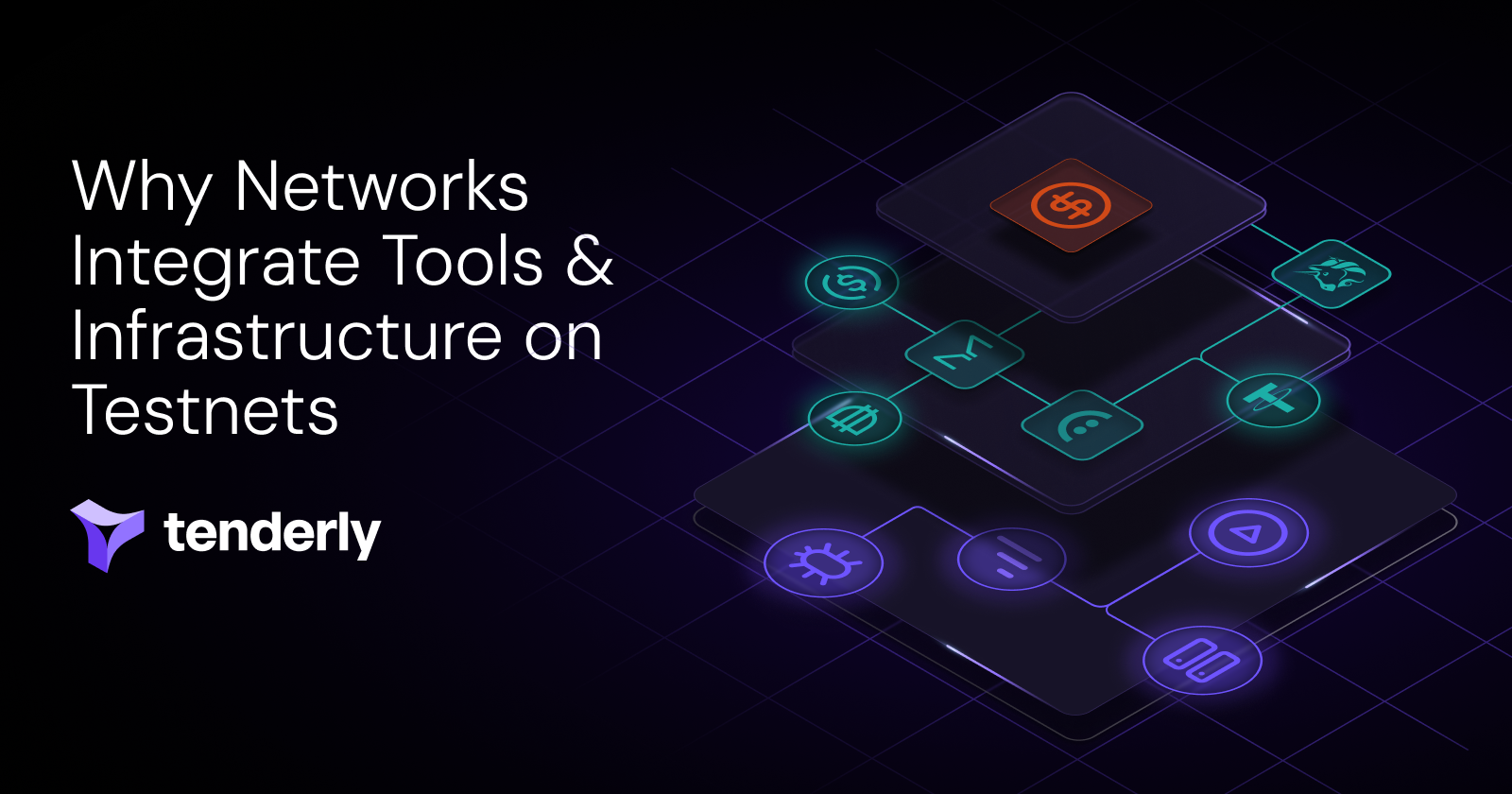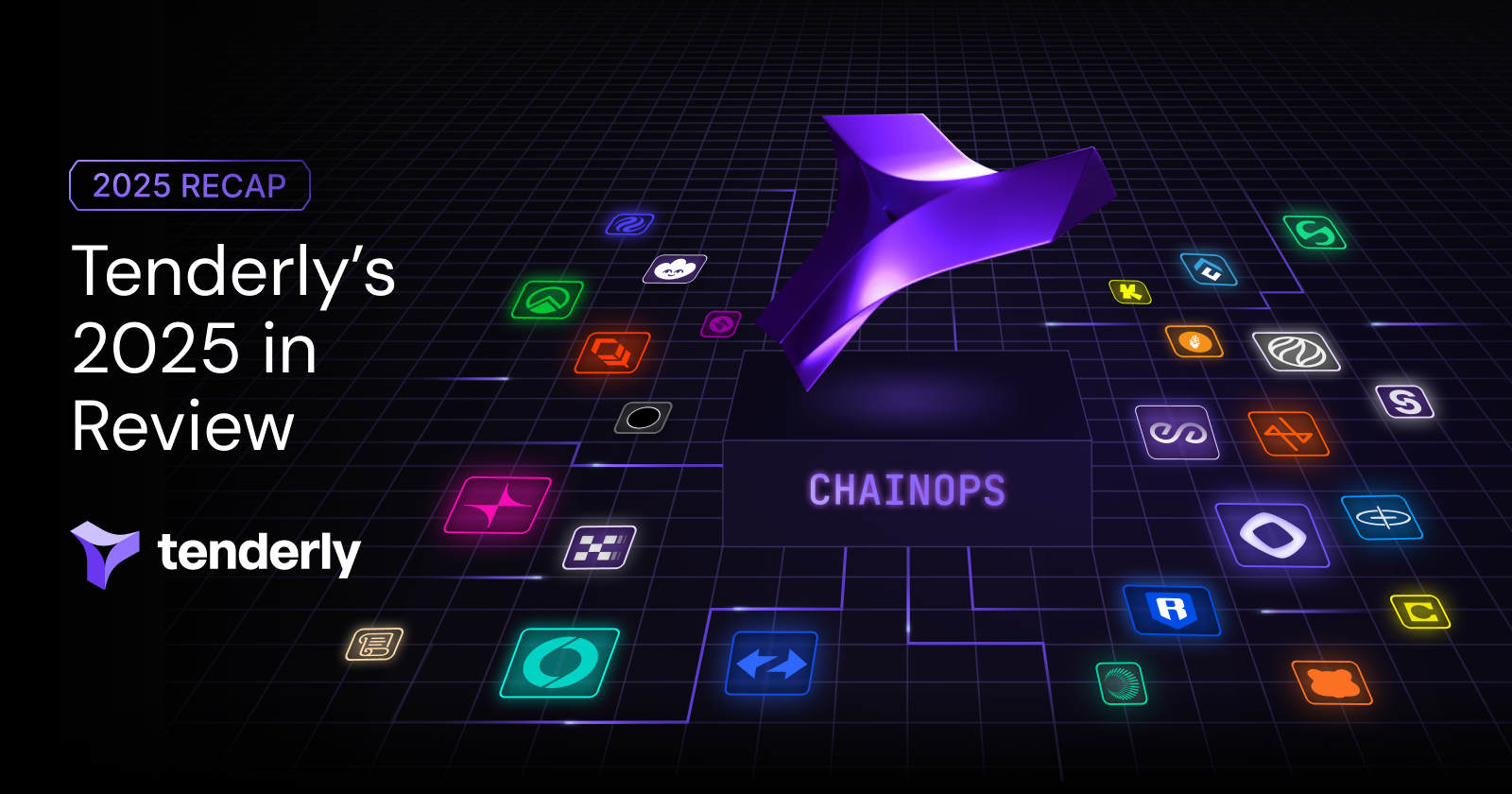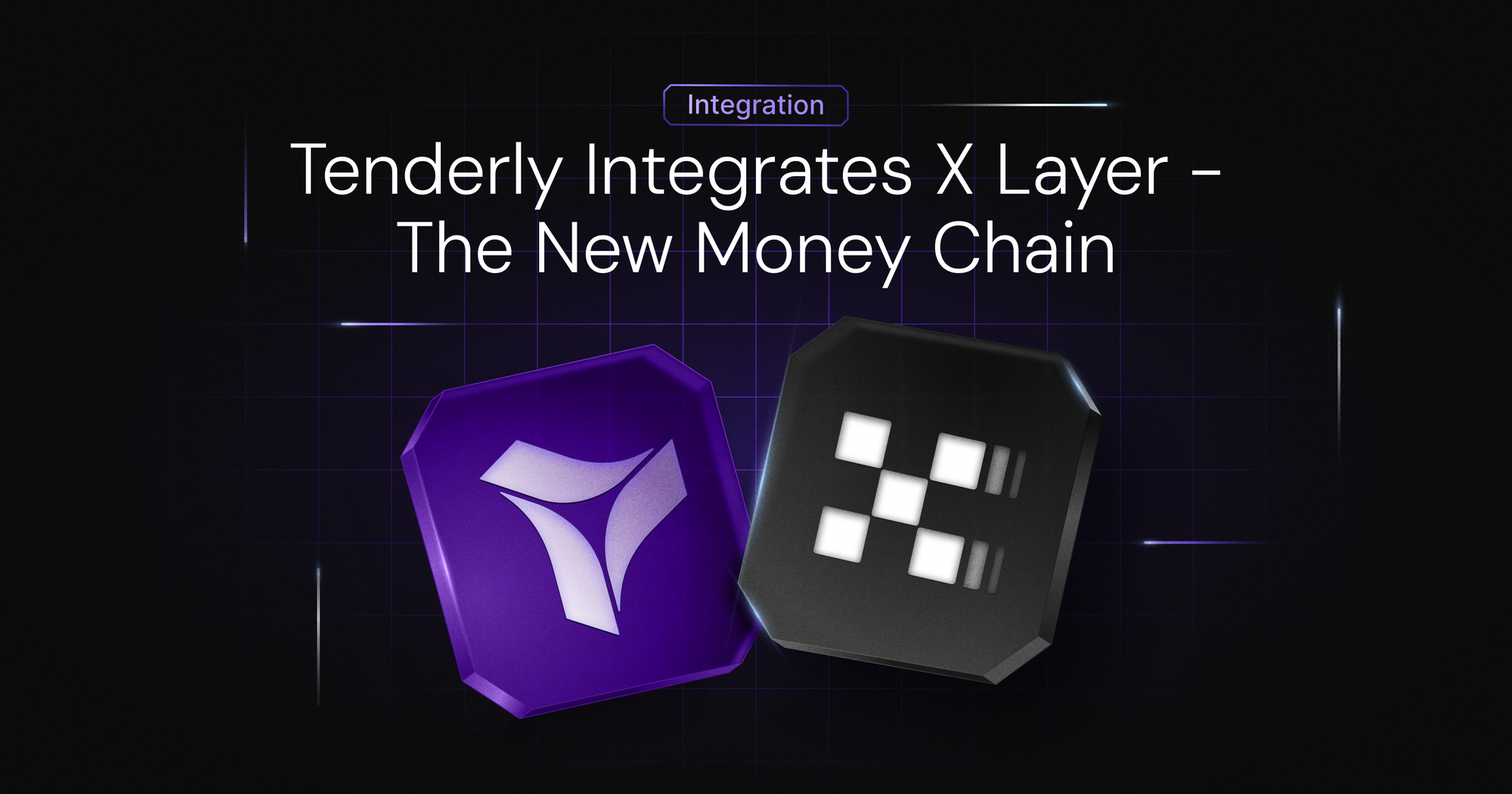Aptos / Move VM Integration
Tenderly infrastructure is centred around EVM, and as such we only support chains that are based around EVM. Goal of this project is to explore and research a way into supporting chains that are not EVM-based, on the example of the Aptos chain and the Move VM on which it runs.
Goals:
* Understanding the internal workings of EVM and MVM-based chains.
* Implementing and validating a PoC implementation that can execute on-chain or simulated Aptos transactions, and produce the state changes.
* Stretch goal: Defining and implementing key-value based storage layout for MVM state.
Non-goals:
* Extracting any source-level information (contract verification, debugger, …)
* Integrating anything into `tenderly-core` proper
1. Understanding EVM and MVM execution and their differences
Expected outcome: analysis of how EVM works and interacts with the environment, and how that differs to MVM (block format, transaction format, system transactions, gas, state layout, instructions, stack, RPC, …)
Estimated time: 1-2 weeks
2. Implementing an execution environment for executing MVM transactions
Expected outcome: A PoC that can execute on-chain or simulated transactions, given a node API.
Estimated time: 3-4 weeks
3. Implementing block state and validating execution correctness
Expected outcome: proving the execution is correct, by executing the Aptos chain and validating produced state diffs. If some parts of the execution are impossible to replicate, identify if we can implement it differently (e.g. read it from node directly).
Estimated time: 2-3 weeks
4. Implementing an opcode-level logger
Expected outcome: adding the ability to externally observe the internal workings of the MVM by providing opcode hooks (and optionally call entry/exit hooks), with the information required to replicate the tracing functionality of `EVMLogger` from Geth.
Estimated time: 1 week
5. (Optional) Implementing a key-value based storage for MVM state
Expected outcome: defining how to store and retrieve MVM state in a manner compatible to an ordered key-value storage we use for storing EVM state, and implementing a PoC storage implementation.
Estimated time: 2 weeks
* Rust language (or similar)
* Knowledge of low-level system design (e.g. computer architecture, OS, virtual machines, …)
Ready to Push Boundaries?
Join us in extending Tenderly's infrastructure to support non-EVM blockchains.
Apply Now


